From sun-drenched days spent splashing with loved ones to the refreshing coolness of a dip on a hot afternoon, your swimming pool is a hub for creating lasting memories. To keep the pool an enjoyable and safe place to be, it must meet the proper electrical requirements.
This guide explains crucial safety requirements for California pools and how to follow them, so you can enjoy every swim with peace of mind.
Install Ground Fault Circuit Interrupters (GFCIs)
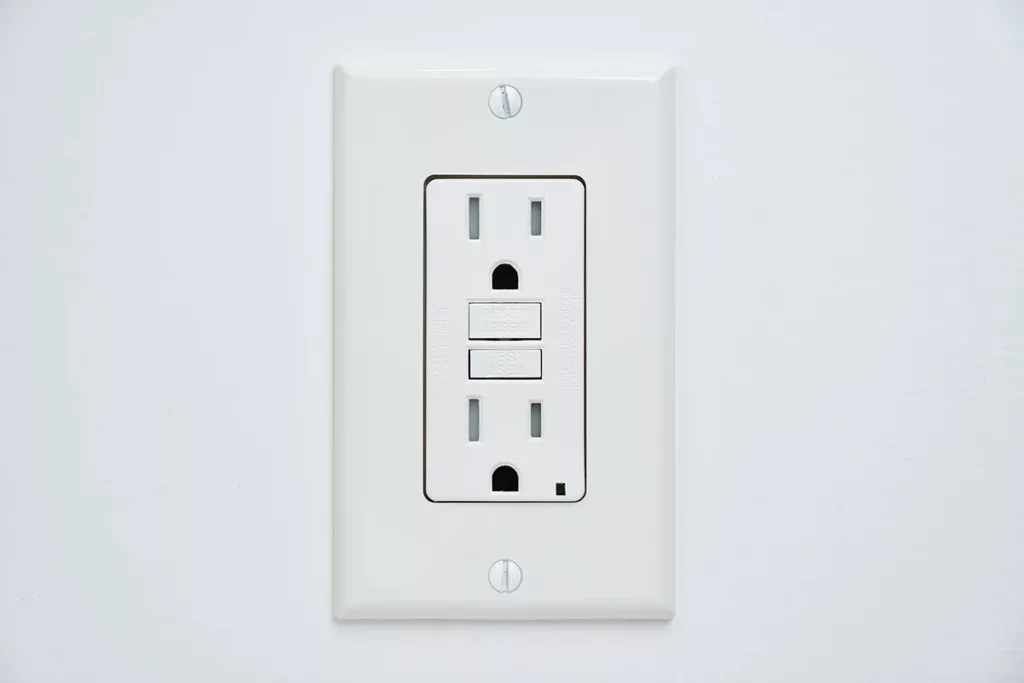
Ground fault circuit interrupters (GFCIs) are vital safety devices that protect against electric shock.
When water contacts an outlet or an appliance, this can cause dangerous electricity leakage. GFCIs quickly and automatically shut off a circuit’s power when these leakages are detected to prevent shocks.
California building codes require GFCI protection for all electrical outlets within 20 feet of a pool. This helps reduce the likelihood of electrical injuries.
Bond All Metal Pool Components
California building codes require all metal swimming pool components, including handrails, ladders, and electrical equipment, to be bonded. This means connecting all metal parts that aren’t designed to carry electric current, which ensures they all have the same electrical potential.
These bonded components are then grounded, or connected to a copper wire that runs to the ground and directs stray voltage away from the water. This gives electrical currents a safe place to go and helps minimize the risk of shocks.
Ensure Pool Lighting Meets Regulations
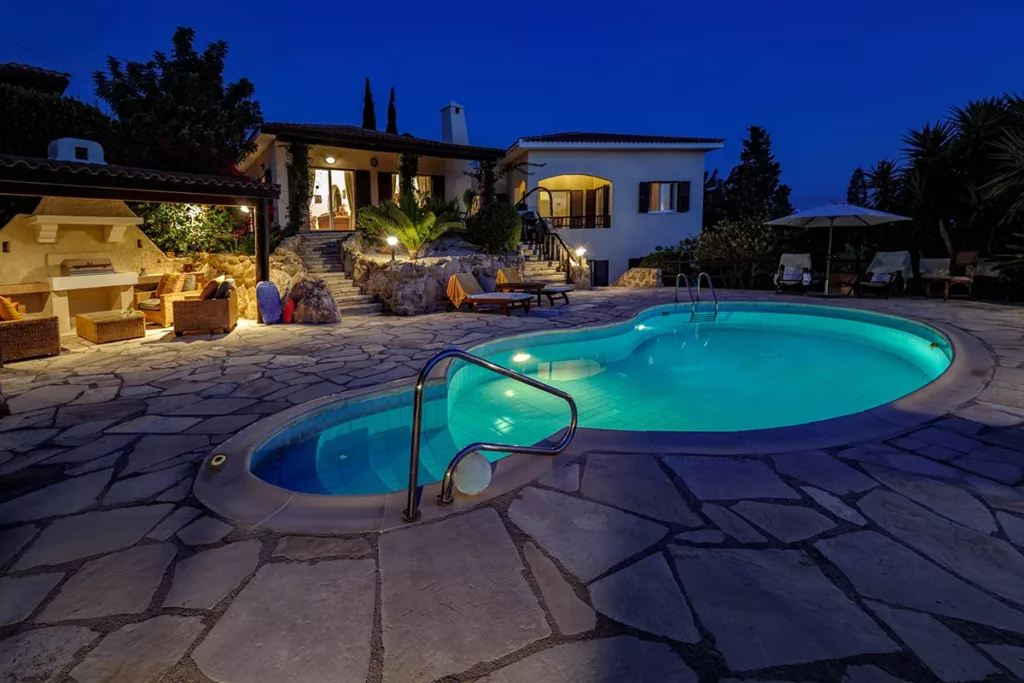
California requires all pool lighting to comply with the National Electrical Code (NEC), a nationally recognized set of standards outlining safety guidelines for electrical work. According to the NEC, all pool lighting must be waterproof, grounded, and installed by a licensed electrician who thoroughly understands these codes.
Schedule an Electrical Inspection
An electrical inspection is a thorough evaluation of an electrical system’s safety, functionality, and compliance with local codes and state regulations. In California, all swimming pools and spas must be inspected after installation. An inspector typically checks for proper GFCI protection, grounding, and wiring to verify that a pool is safe to use.
Have an Electrician Handle All Electrical Work
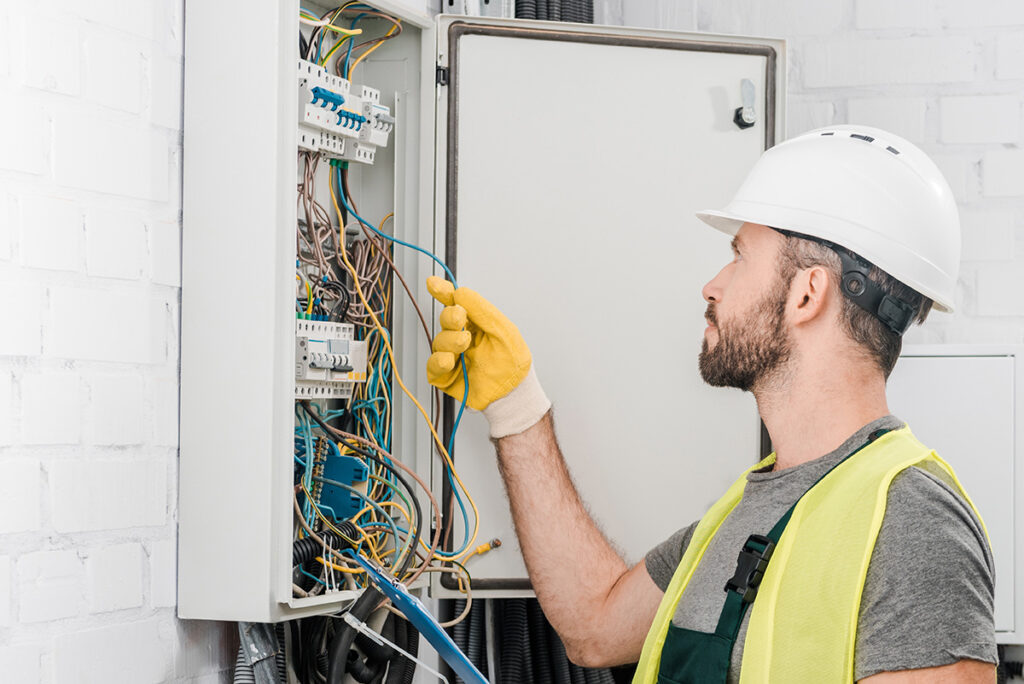
In the realm of electrical work, there is no room for compromise. Mistakes can potentially bring damaging consequences, so it’s essential to have a licensed electrician handle all electrical work for you.
In California, only a licensed electrician can install electrical equipment for swimming pools. This includes heaters, pumps, filters, lighting, electric covers, and more. An electrician can also confirm that all equipment is safe, functional, and compliant.
The North Bay’s Trusted Residential Electricians
Codes are designed for our protection, but they can’t keep us safe if they are not implemented properly. By following the guidelines listed above, you can ensure your swimming pool is a safe place to relax and play for years to come.
A qualified residential electrician can help ensure your pool is safe and up to code. At Schafer Electric, we understand the ins and outs of electrical safety, and our team of licensed electricians is passionate about providing North Bay residents with the quality care they deserve. Contact us online today or call 707) 545-3300 to learn more about how our residential electrician services can benefit you.



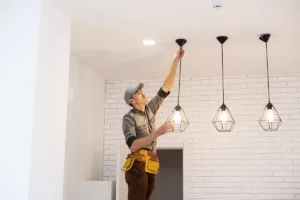
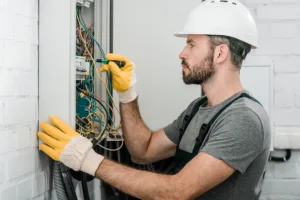
No comments yet. Add the first comment